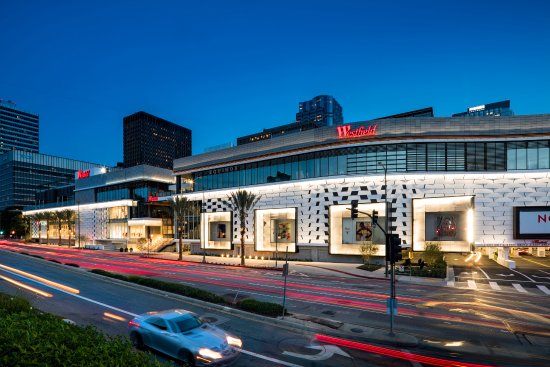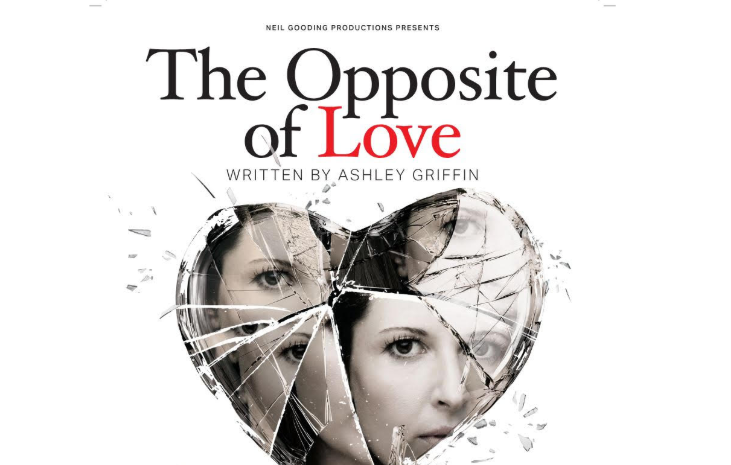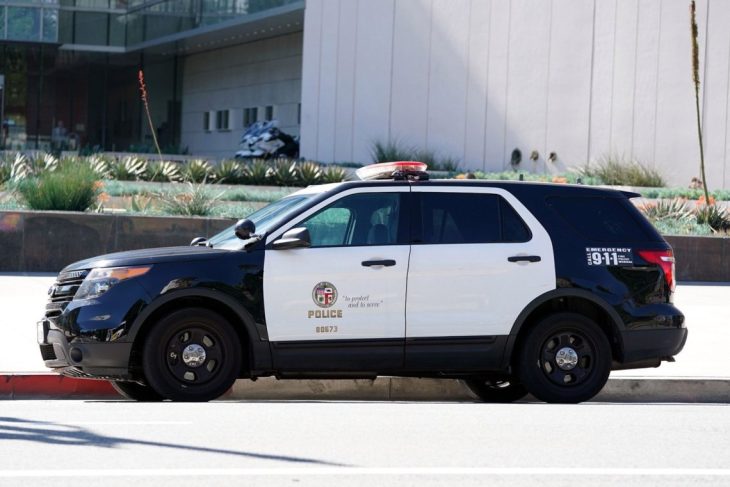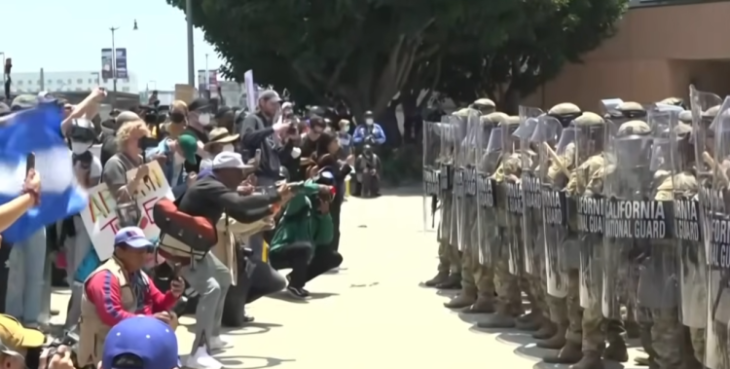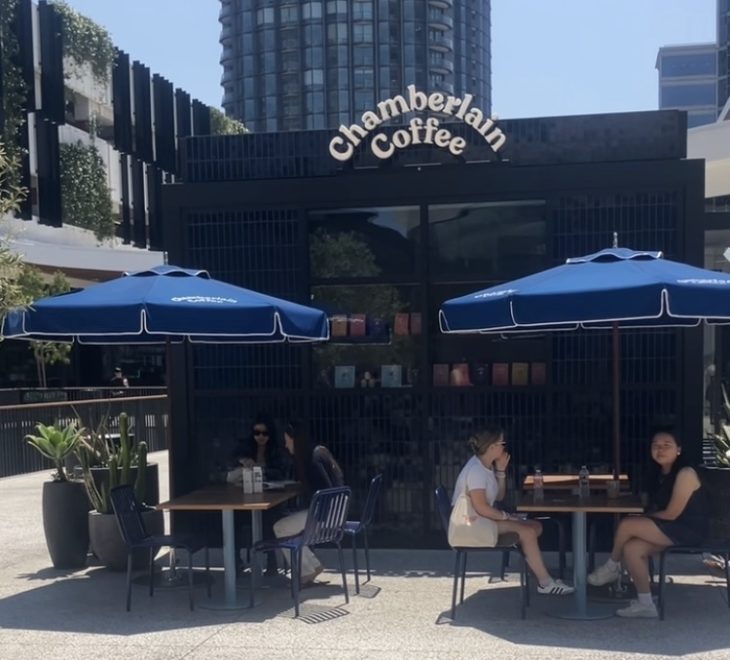
Anyone making “personal, impertinent or profane remarks,” or repeating themselves at a Los Angeles Police Commission meeting could be in violation of rules being considered today by the panel and removed from the premises.
The proposed policy released on Friday has drawn concern from American Civil Liberties Union attorneys, who say the rules may trample on free speech rights and public meeting laws.
Black Lives Matter members said the policy is an attempt to silence their group.
Black Lives Matter activists have been attending Police Commission meetings since last year’s fatal police shooting of Ezell Ford, an unarmed black man in South Los Angeles. Tensions have mounted in recent months, with activists calling for the firings of the officers who shot the 25-year-old.
Commission President Steve Soboroff halted two consecutive meetings in recent weeks because he deemed demonstrations by Black Lives Matter activists too disruptive.
Under the proposed rules requested by Soboroff, anyone who addresses the panel during the formal public comment would be required to behave in “an orderly manner and shall refrain from making repetitious, personal, impertinent or profane remarks regarding or directed toward any member of the board, staff, or the general public.”
The decorum rules also prohibit audience members from taking part in “loud, threatening or abusive language, whistling, stamping feet or other acts which cause a disruption of the meeting or otherwise impede the orderly conduct of the meeting.”
Failing to follow the rules could mean being removed from the board room, and resisting removal could result in arrest and prosecution.
In a letter delivered to the commission, ACLU staff attorney Catherine Wagner warned that the policy’s language could be “construed in ways inconsistent with the protections for free speech in both the United States and California constitutions.”
Wagner wrote that the restrictions against “mere speech” that is “personal, impertinent, profane, or abusive” should not be considered “actual disruption” of a meeting. She urged that the board revise the policy so that the act of speaking would not be considered disruptive.
“The board cannot require that public speakers or members of the public who attend commission meetings be courteous, respectful, polite, or even that they refrain from using accusatory, inflammatory, offensive, or insulting language,” she said.
Soboroff told City News Service that he asked attorneys from the City Attorney’s Office and the commission’s executive director, Richard Tefank, to draw up the proposed policy after the recent disruptions, which caused him to stop the meetings.
“I’m not about to let people cancel the meetings of the Los Angeles Police Commission whenever they want to get up and start screaming,” Soboroff said.
Saying he understands public speakers and audience members have the freedom to say what they want, he does take issue with participants who “walk around chanting and ranting” in the board room.
“We can’t conduct a meeting when the audience is running amok,” he said.
Soboroff said he is open to the ACLU’s proposed revisions and has his own ideas for changing the language, including taking out the restriction against repetitious remarks. He said he emailed Wagner asking for “wordsmithing” suggestions on changing the policy’s language.
Soboroff said he considers the policy “a friendly way to remind people that we have business to do.”
Melina Abdullah of the Los Angeles chapter of Black Lives Matter responded to the rules saying they are clearly directed at its members.
The rules are “one of the most blatant efforts to silence an engaged public in recent memory and a direct attack on Black Lives Matter and the black public,” she told CNS.
Abdullah said that instead of seeing the increased participation of Black Lives Matter members “as a nod to the democratic process, the Police Commission has taken a staunchly adversarial stance.”
Soboroff defended his reaction to the Black Lives Matter activists, saying “I know that I have the obligation to listen to abusive statements because you know, people have the right to say what they want to say … but don’t expect me to respond or have to look them in the eye.”



